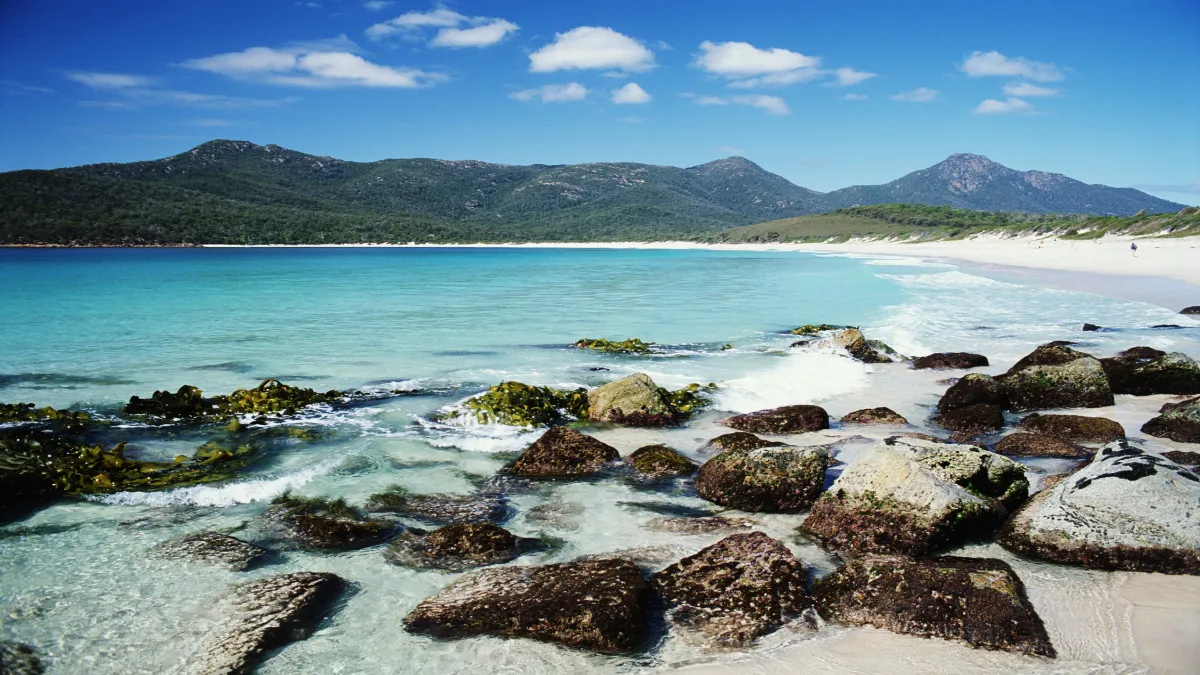Tasmania, nestled to the south of mainland Australia, is often a subject of curiosity due to its distinct identity and stunning landscapes. However, it’s crucial to clarify that Tasmania is not an independent country. Instead, it is one of Australia’s six states and two territories. In this article, we will explore the status of Tasmania, its history, and its role within the Commonwealth of Australia.
- Tasmania as a State: Tasmania is one of the states that make up the Commonwealth of Australia. It is not a sovereign nation but rather an integral part of the Australian federation. As a state, Tasmania operates within the framework of the Australian Constitution and is subject to the federal laws and governance structures established by the Australian government.
- Australian Federation and Tasmania’s Entry: Tasmania joined the Australian federation on January 1, 1901, along with the other five states. The federation marked the unification of separate colonies into a single nation—Australia. Tasmania’s entry into the federation solidified its status as a state within the Commonwealth.
- Political Structure: Tasmania, like other Australian states, has its own state government responsible for local governance. The state capital is Hobart, and the Parliament of Tasmania governs state affairs. The Tasmanian government has jurisdiction over various matters, including education, health, transport, and natural resources, while the Australian federal government manages defense, foreign affairs, and immigration, among other areas.
- Economic and Cultural Contributions: Despite being the smallest state in Australia, Tasmania plays a significant role in the nation’s economic and cultural landscape. The island is known for its agricultural produce, forestry, aquaculture, tourism, and innovative industries. Additionally, Tasmania’s unique ecosystems and landscapes contribute to its cultural richness and attract residents and visitors alike.
- Unique Identity and Heritage: Tasmania’s unique identity is shaped by its history, culture, and geography. Known for its distinct flora and fauna, including the iconic Tasmanian devil, the island has a rich Indigenous history and a convict heritage that adds to its cultural significance.
- International Recognition: While Tasmania is not a country, it does garner international attention for its natural beauty and cultural contributions. The island’s tourism industry, in particular, attracts visitors from around the world who seek to explore its national parks, historic sites, and vibrant arts scene.
Tasmania is not an independent country but rather an integral state within the Commonwealth of Australia. Its status as a state ensures that it collaborates with the federal government to contribute to the collective progress of the nation. Tasmania’s unique identity, landscapes, and cultural heritage make it a distinctive and valued part of the Australian federation, contributing to the nation’s diversity and richness.


